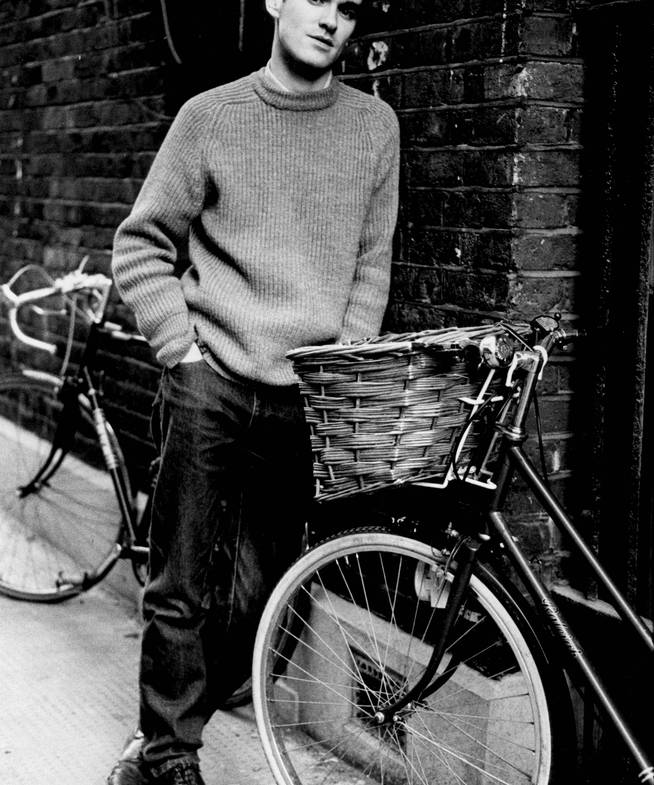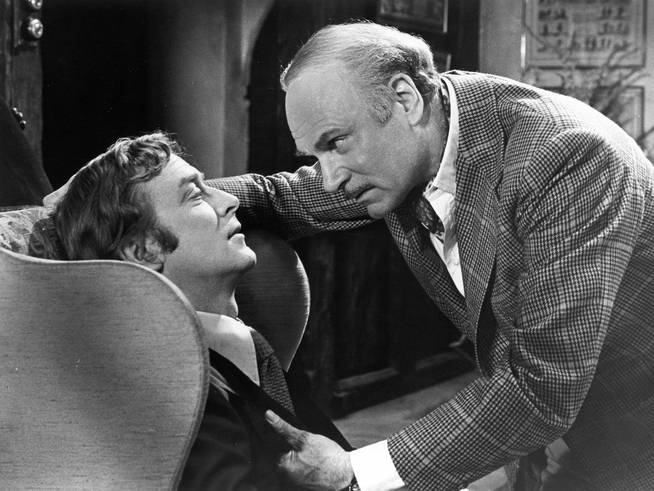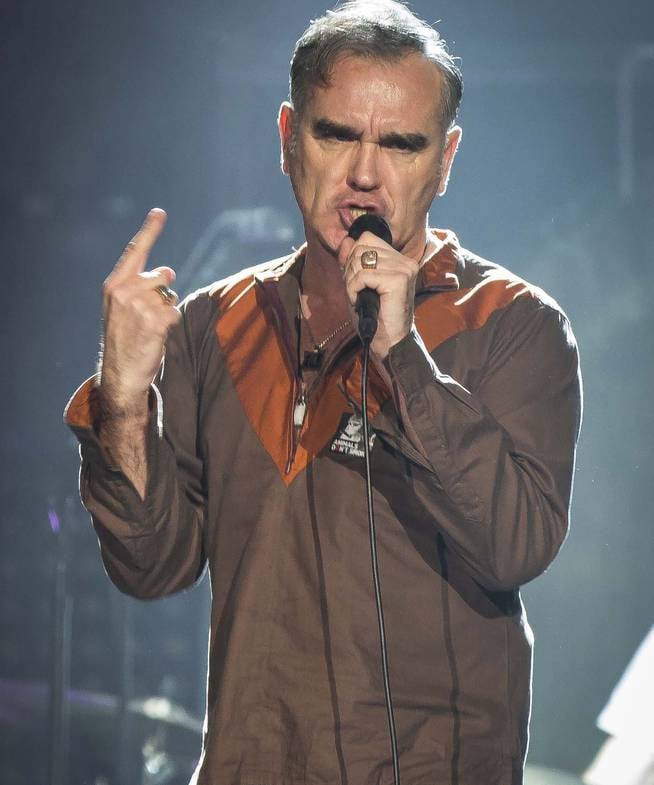When Morrissey wrote the lyrics from ‘This charming man’ He ‘borrowed’ a phrase he heard watching the movie ‘The Footprint’ on TV, starring Michael Caine and Lauren Olivier. Her story is that of a ‘lovely man’ in a ‘lovely car’ that rescues a young cyclist whose bicycle tire has been punctured. The music is by Johnny Marr…he composed it driven by jealousy that had caused him ‘Walk out to winter’ by Aztec Camera. He became the trampoline by The Smithsthe ambassador of the Manchester band. It was very shocking to know that really was written in honor of a former leader of the Ku Klux Klan, as its author confessed 25 years later.
A young man lying on a deserted hill. She has a flat tire on her bicycle and laments ‘Why hasn’t nature made a man of me yet?’ She then appears a “lovely man” in a “lovely car.” After some hesitation, he finally gets into the car of the guy who is flirting with him and asks him out that night. This is how the story begins Morrissey wrote for ‘This charming man’. The song with which The solid foundations of The Smiths and the Johnny Marr/Morrissey tandem truly began to be built. It was the preview of the group’s debut album that they completed bassist Andy Rourke and drummer Mike Joyce.
The Smiths in a 1989 portrait / Icon and Image
Let’s continue with the story of the ‘charming man’ narrated in first person by the young cyclist. When the driver asks him out that night, The boy rejects the proposal because “he has nothing to wear”. Morrissey revealed in NME in 1984 that this phrase came from his own personal experience: “For years and years I had no job, no money. Therefore, I had no clothes.. I realized this on the rare occasions when I was invited somewhere and I always told myself, ‘My goodness, I can’t go because I don’t have clothes, I don’t have shoes.’ So I missed all those disgusting parties”

Morrisey in 1984 / Kerstin Rodgers
Others, as in many other of his compositions, Morrissey borrowed the phrase “A jumped-up pantry boy, who never knew his place” (a presumptuous kitchen boy who never knew his place) from the movie ‘Sleuth’ (The Footprint) from 1972 starring the acclaimed Laurence Olivier and Michael Caine. It was a film adaptation of the play of the same name by Anthony Shaffer, in turn based on the novel ‘Loving’ written by Henry Green in 1945.

Sir Laurence Olivier and Michael Caine in “Sleuth” from 1972 / Michael Ochs Archives
Despite exhaustive analyzes to clarify the lyrics and the story, its true meaning or the intentions of the characters were never discovered. In 2019, Steven Patrick Morrissey scandalized his followers when he said that had written his famous hit for David Duke, far-right white supremacist and former leader of the Ku Klux Klan. She said it in 2029, in an interview with BBC Radio 2: “It was 1983, long after Duke had broken up with the KKKbut “I had the desire to remember him in a song, to thank him for all his work,” he blurted out spontaneously. “The original lyrics were ‘I’d go out tonight but I have nothing to wear over my white tunic’. But Johnny (Marr) didn’t like that.” Morrissey has been making controversial racist and xenophobic comments for years.

Morrissey in concert in Istanbul in 2014 / Anadolu
Johnny Marr created the music for ‘This charming man’ especially for BBC DJ John Peel’s famous sets and motivated by jealousy. In Mojo magazine he revealed: “A couple of days before he wrote the song, I had heard ‘Walk out to winter’ by Aztec Camera and I was a little jealous. My competitiveness drove me to do it. She felt the need to do something with more rhythm, more contagious.” The song received a great reception when Peel played it on his show and convinced the Rough Trade label to release it as a single. They first recorded it at Matrix Studios in London, but they didn’t like the result. The band then traveled to Strawberry Studios in Stockport, Manchester, and tried again. This is the version that was finally published in October 1983. Although the topic did not appear on the debut album, ‘The Smiths’when it came out in the United Kingdom (February 20, 1984), it was included in the American edition.
The first time The Smiths played ‘This charming man’‘was on the popular British show Top of the Pops in November 1983. Morrissey he changed the microphone for a bouquet of gladioli that waved up and down. It was the first time many Britons had seen The Smiths. In 2011, Marr commented in The Guardian: “Morrissey was using those gladioli in a non-magical way, almost flying them. “Morrissey brought the extravagance, the rest of us wore simple sweaters and brought a street gang look.”
The guitar sound of the song would become synonymous with The Smiths. And although Marr admits the band’s ‘ambassador song’ status, was never his favorite. In Q magazine he confessed that initially he was not enthusiastic about her composition: “Because he had done it so casually that he wasn’t sure if it was good or not.” Later, when he recorded it in the BBC studios, he realized that “There was something special about her.” No, it’s not your favorite, “But God bless her, it seems like she connected with a lot of people.”






